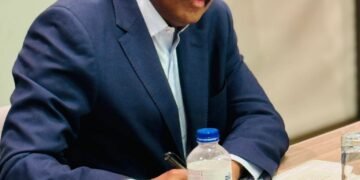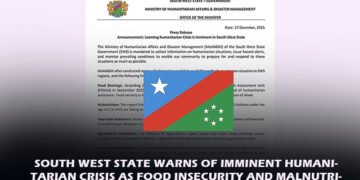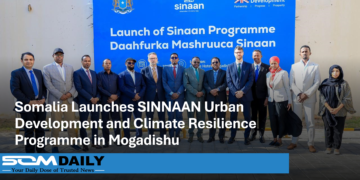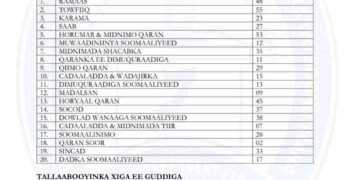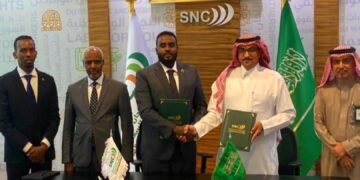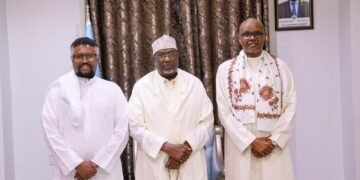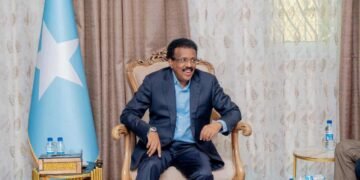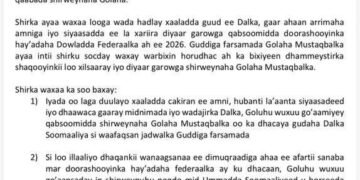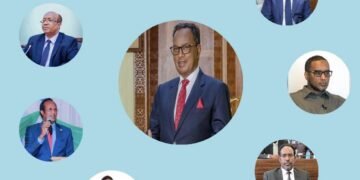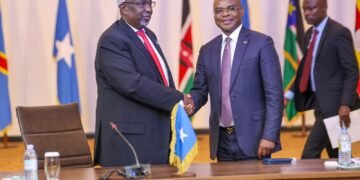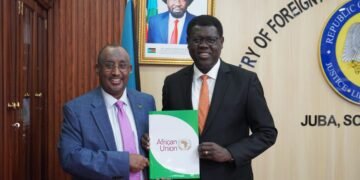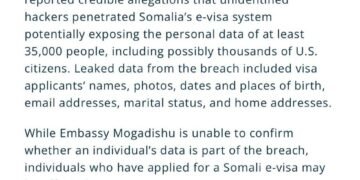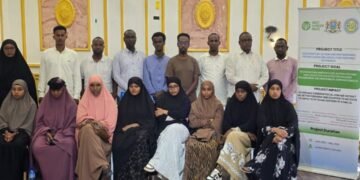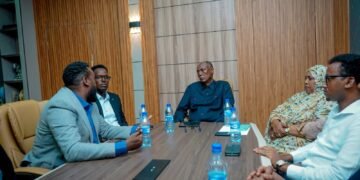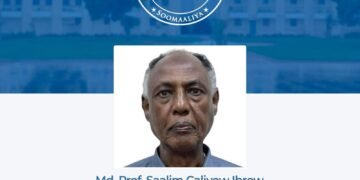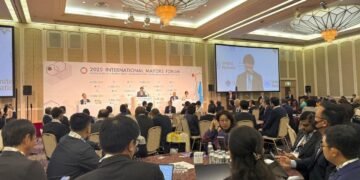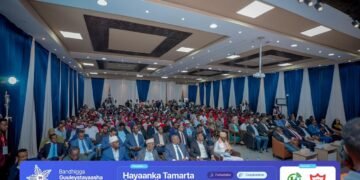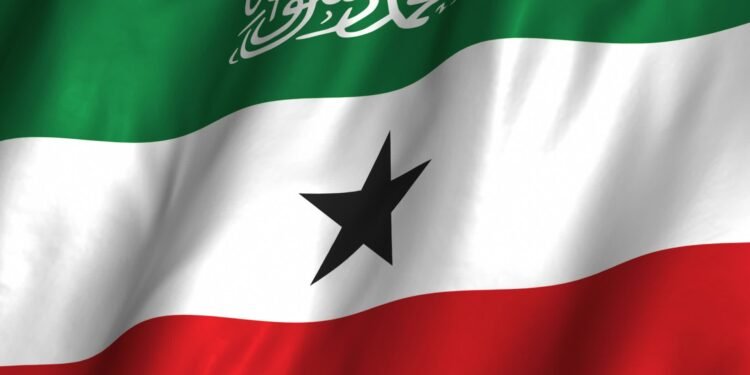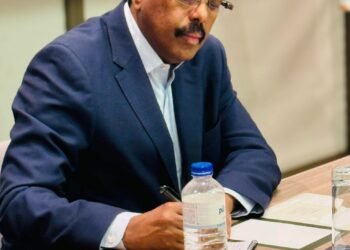Somaliland: November 13 2024 Elections– The self-declared state of Somaliland is set to host a long-delayed presidential and legislative elections in November. President Muse Bihi Abdi will be running for a second 5-year term, capping a period of great uncertainty for Somaliland’s 4.5 million inhabitants.
Despite Somaliland’s lack of international recognition, it has made important strides toward creating one of the most inclusive multiparty democratic systems in East Africa since it declared independence from Somalia in 1991. This will be the fourth presidential election by universal suffrage in Somaliland. Previous elections have resulted in transitions of power between parties.
The 2024 presidential, legislative, and local Council elections will build on the success of the competitive May 2021 lower house and local Council elections, in which the ruling Kulmiye Peace, Unity and Development Party won fewer seats than the opposition alliance of the Waddani National Party and the Justice Welfare Party in a close election.
Somaliland’s democratic trajectory has not been without challenges in recent years, however. Bihi’s first term should have ended in 2022. Opposition parties have accused the President of trying to delay that election to stay in power beyond his mandate. Bihi justified the postponement on questions over the scheduling and sequencing of party vis-à-vis presidential elections. Following several rounds of unsuccessful mediation between the government and the opposition, the House of Elders (known as the Guurti), extended the President’s mandate by 2 years and its own by 5 years.
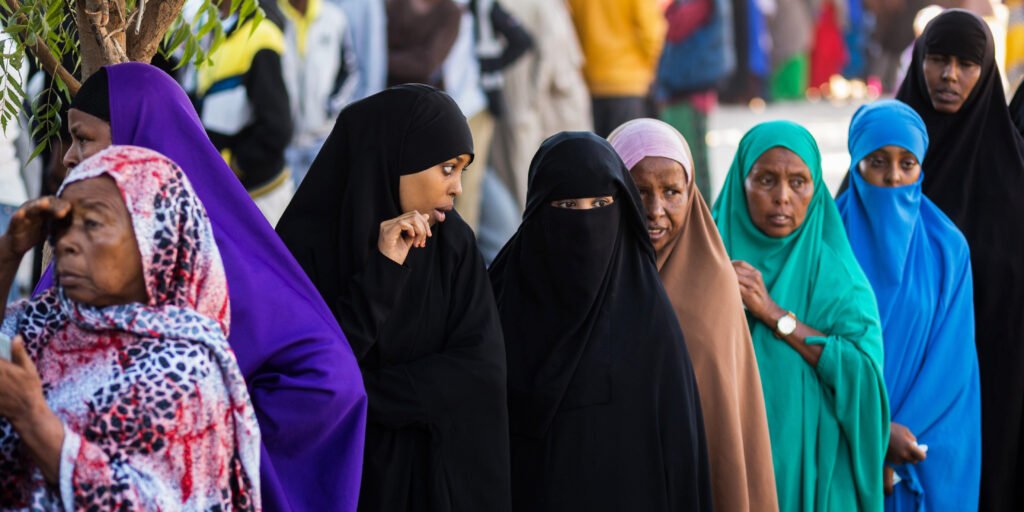
Protests against the postponement of the 2022 presidential election and the security forces’ violent crackdown, in which 5 people were killed and hundreds injured, has jeopardized Somaliland’s hard-earned reputation for political compromise and stability. Over the previous three decades, Somaliland had cultivated a legacy of consensus building and locally led conflict mediation that had enabled it to resolve several election-related disputes in the past.
In early 2024, the Guurti passed a new electoral law that authorizes simultaneous political party and presidential elections for the first time, setting an election date of November 13, 2024. The opposition parties have endorsed the new electoral law, viewing it as a crucial step toward a level playing field in the upcoming presidential election.
Somaliland’s legacy for resolving interclan disputes peacefully has also been threatened by the Bihi government’s heavy-handed suppression of protesters questioning Somaliland’s authority in the town of Las Anod in the region of Sool, which borders Puntland. This incident resulted in an estimated 20 protester deaths in December 2022. A subsequent announcement in February 2023 from local Dhulbahante clan leaders that they intended to form a federal state under Somalia to be called SSC-Khaatumo, further intensified fighting in and around Las Anod. Ongoing clashes with the Somaliland authorities have persisted in Sool resulting in hundreds of deaths and the displacement of an estimated 185,000 people.
Somaliland has distinguished itself over the years by preventing militant Islamist groups, like al Shabaab, from gaining a foothold in its territory. Observers are concerned the strongarm tactics in Sool could provide inroads for al Shabaab and the Islamic State in Somalia, both of which are well established in Puntland. Given its strategic location on the Red Sea, stability in Somaliland also has regional security implications.
Under Bihi, journalists have, at times, faced arbitrary arrests and threats for critical coverage. The government, furthermore, has restricted the registration of new newspapers.
Somaliland’s agreement in early 2024 to grant landlocked Ethiopia a 50-year lease to the port of Berbera creates momentous implications for Somaliland’s political and economic future. The move has been denounced by the government of Somalia, which still claims sovereignty over Somaliland. The issue is likely to dominate the discourse around Somaliland during this election year.
As Somaliland returns to elections in 2024, it must continue to strengthen the inclusive political and security processes that have distinguished it over the decades for it to bear the fruits of these efforts.


